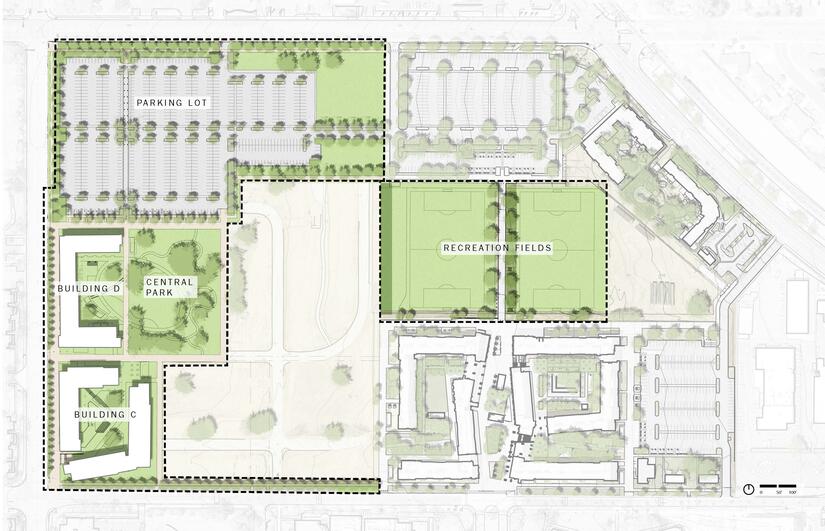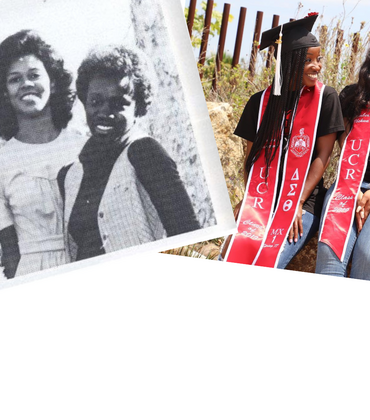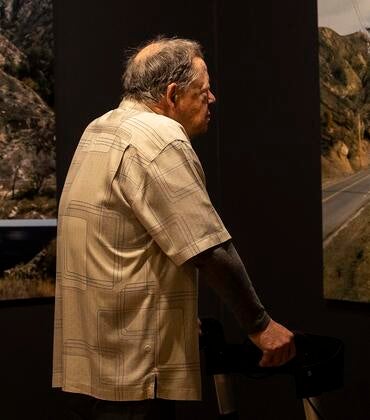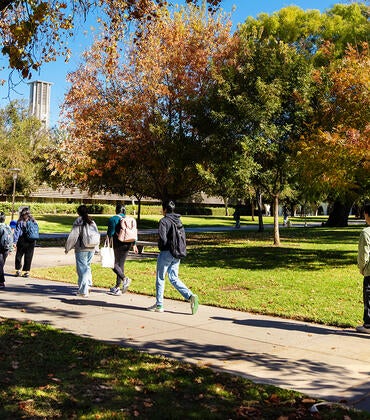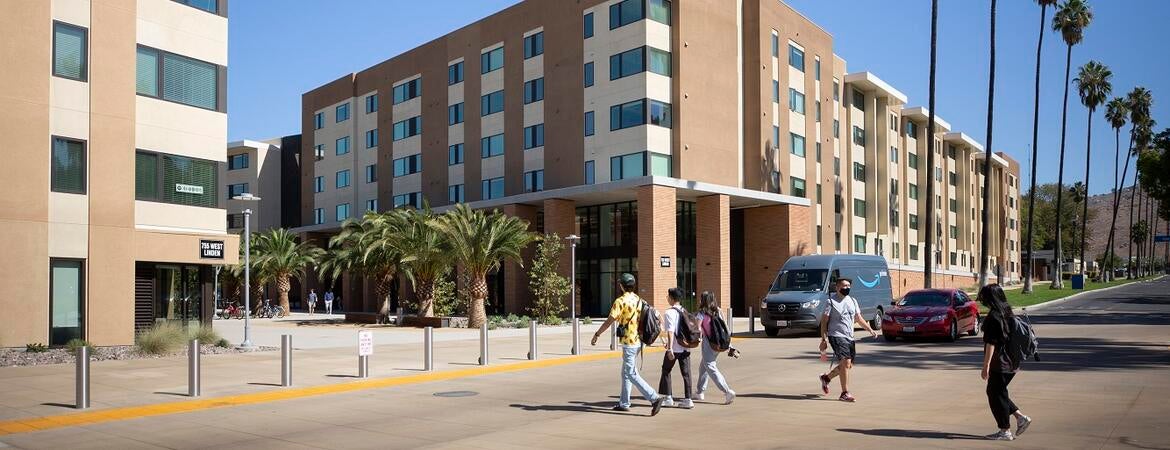
UC Riverside has been awarded state funding for a first-of-its-kind housing project that will see more than 1,500 beds added to its on-campus housing inventory. Gov. Gavin Newsom signed a bill that will provide $126 million in state money for a student residence complex to be built on the UCR campus in partnership with the Riverside Community College District, or RCCD.
The final step comes in September, when the University of California Board of Regents will vote whether to approve the proposed North District Phase 2 project, which would also require about $220 million in borrowed funds.
The new complex would allow RCCD students the opportunity to live on the campus of a four-year university, a student housing approach that Auxiliary Services Associate Vice Chancellor Heidi Scribner said is unprecedented at this funding threshold.
“With the current shortage of transfer students and us having three community colleges in proximity to UCR, we see this joint project as a great way to help both educational systems increase access to student housing, boost the transfer pipeline to the UC, and create a program to make transferring more comfortable for some students,” said Scribner, who worked with Vice Chancellor Gerry Bomotti, Assistant Vice Chancellor of Government & Community Relations Elizabeth Romero, and state budget administrators and to help sculpt the language in the UCR program application and shepherd it through the California State Assembly and Senate.
The project will be the next phase of UCR’s ambitious North District project, which has previously seen the addition of two residential halls – five and six stories respectively - on the 50-acre tract that was the site of a sparsely populated World War II-era family housing complex.
It’s been a long road for UCR to the new state money, with an ambitious strategy shift after its first attempt to get state money toward a new residential hall came up short. UCR first proposed using state money to acquire a privately owned apartment complex near campus. When the state did not approve that proposal, UCR “did some serious and creative thinking,” Scribner said.
The Housing and Planning, Budget & Administration teams changed gears, noticing the state was emphasizing community college funding, in response to a post-pandemic decline in community college enrollment. The state calls these four-year university and community college projects “intersegmental,” and a secondary state funding emphasis was for maximizing beds.
In its revised proposal, the UCR team proposed the partnership with RCCD. The $126 million state allocation includes $75 million for RCCD, and $51 million for UCR. The project – now estimated to cost around $340 million - will help fund North District, Phase 2, paying for 652 of the 1,568 beds the project will include. The rest of the money would come from loans, and a campus contribution for the new intramural fields. In September, the Regents will consider the final approval for this project, including its design and the borrowing request.
“The partnership will increase transfer student numbers and help integrate RCCD students into the UCR campus,” Bomotti said. It would create a “transfer pipeline,” he said, with RCCD students having access to UCR’s libraries, advising and enrollment services, and joint enrollment in UCR classes.
There will be two buildings totaling 425,000 square feet constructed on a 4.5-acre site, with 1,568 beds, mostly in double-occupancy rooms. The complex will include fitness space, laundry facilities, meeting rooms, and group study space. There will also be parking and site amenities for the North District, including new recreational fields.
Following Regents’ approval, construction is scheduled to start in fall 2023, with occupancy in summer 2025.
It comes at a time when the campus is trying to meet not only surging enrollment – 26% more students in the past 10 years, with almost 9,000 more planned by 2035 - but also rising construction costs, a more than 30% increase in university-adjacent commercial apartment rates since 2019, and a post-pandemic surge in demand for housing. In 2018, the first phase of the North District and neighboring Dundee residential hall projects led to 2,326 beds, a 38% increase in beds on campus.
But among the UC campuses, UCR has the greatest shortfall in terms of meeting student housing demand. There were 3,000 requests for on-campus housing in fall 2022 that the campus could not meet. There are 8,700 beds currently, and the campus projects it needs about 14,000 by 2035.
In its written proposal for the Regents’ September meeting, UCR budget officials assert: “Many students resort to living in overcrowded conditions or commuting significant distances, which negatively affects the student experience.”
“It takes years to develop and build any type of campus facility; it will be several years before (Phase 2) will open and at some point, while this one is moving through the construction process, we will need to continue looking ahead and solidly planning on next-phase developments or the demand will just continue to outpace our supply,” Scribner said. She said one way UCR hopes to meet that need is by employing a new, zero-interest campus housing program recently established by the state.
In total, the state allocated more than $360 million for student housing projects in the budget signed July 11 by Newsom. The residential student housing grant allocation also included an intersegmental project with UC Merced and Merced College for $101 million.
